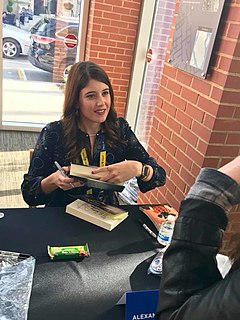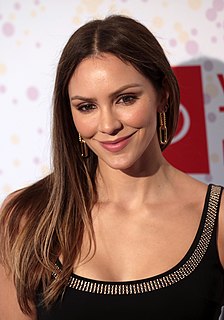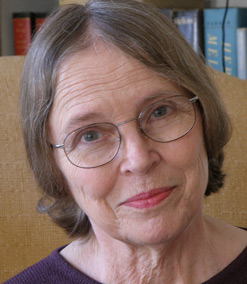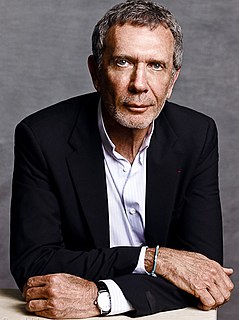A Quote by Gauri Khan
I would have been an artist, because I studied art and history in school and college.
Related Quotes
Contemporary art is based on that an artist is supposed to go into art history in the same way as an art historian. When the artist produces something he or she relates to it with the eye of an art historian/critic. I have the feeling that when I am working it is more like working with soap opera or glamour. It is emotional and not art criticism or history of art.
I studied music for my first two years in college. When I went to UC Berkeley, I failed the admission requirements to get into the music school there, so I studied communications and public policy, which actually were a greater engine for my career than a musical education would have been. If I had gotten into the music department at Berkeley, I'd probably be a timpanist in an orchestra right now.
College was pivotal for me. It broadened my horizons, taught me to think and question, and introduced me to many things - such as art and classical music - that had not previously been part of my life. I went to college thinking that I might teach history in high school or that I might seek a career in the retail industry, probably working for a department store, something I had done during the holidays while in high school. I came out of college with plans to do something that had never crossed my mind four years earlier.




































